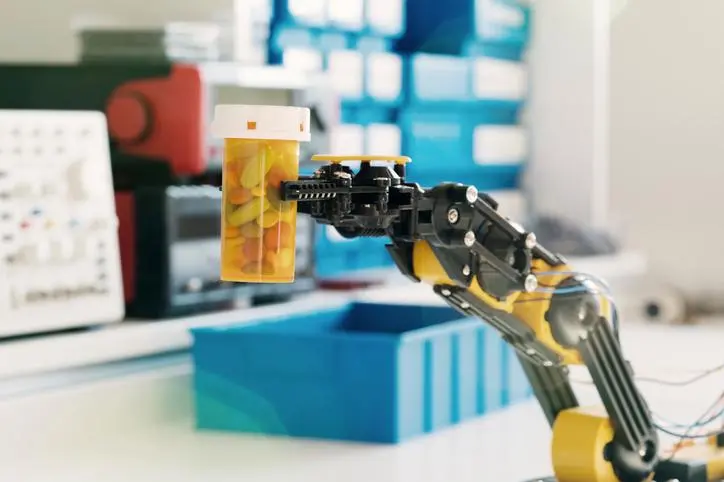PHOTO
Some 69% of shoppers say artificial intelligence (AI) will improve their shopping experience, while 75% of front-line retail assistants say generative AI will boost efficiency and customer service.
The findings from Zebra Technologies Corporation’s Global Shopper Study 2023 also reveal that 85% of surveyed retail decision-makers think AI will enhance retail operations. The news comes following a year of headlines about the seemingly human-like developments in generative AI, while retailers weathered inflationary pressures, supply chain disruption in the Red Sea and Panama Canal, and a rise in retail theft.
“AI, particularly generative AI, has entered public consciousness in a big way and the challenge now is moving from technology innovation to real-life use cases that show how different, newer types of AI can make jobs more productive, workflows easier, and customer experiences better,” said Mark Thomson, Retail Strategy Director EMEA, Zebra Technologies.
AI computer vision
Retailers will be investigating and asking tough questions to determine how AI can positively impact their top and bottom-line growth. Generative AI could be well-placed for front-line staff and shopper assistance, while AI computer vision may hold the key to better online browsing for shoppers.
In recent months, Zebra demonstrated its mobile computers with Qualcomm AI chips could run generative AI on-device, meaning no cloud processing was needed. “This achievement means improved data security, reduced latency, and cloud cost savings,” said Thomson. “It’s an attractive business case for retailers, especially with cloud cost control and security being a major focus of the CTO office.”
Generative AI on-device could usher in new copilots for retail workers in the same way we’ve seen Office 365 Copilot for desk workers and GitHub Copilot for developers. Copilots could become a differentiator and give retailers an edge over peers and competitors, but it remains to be seen how long that window will stay open, as adoption and use cases proliferate.
More productive
The Shopper Study also found that 85% of retail assistants believe AI will help them be more productive, while 78% said AI/machine learning will boost efficiency and customer service. Alongside the potential of generative AI, other types of AI on the front line could begin to make an impact, such as wearable computers equipped with voice AI.
An integrated true natural language voice AI engine can allow workers to ask for what they want in their own words without needing to interact with the mobile computer display or learn a set of commands.
For example, workers can say, “call the bakery,” “what is my next task?” or “do we have items in red?” and the voice AI will make the call or display requested information on the screen.
Demand planning
However, no single AI application can do it all, and as retail strives to be omnichannel and seamless, so will the AI that underpins it. When asked, 73% of decision-makers said they plan to implement AI for demand planning and replenishment within the next five years while 69% will turn to AI for pricing assortment decisions in the same timeframe.
Over and under stocks and a lack of inventory visibility and accuracy continue to cause problems and make things like meeting shopper demand and addressing theft and shrink much harder. “AI for demand forecasting, replenishment and detecting inventory anomalies are more mature in terms of use cases, with retailers already using these AI applications to get a better handle on their inventory,” said Thomson.--TradeArabia News Service
Copyright 2022 Al Hilal Publishing and Marketing Group Provided by SyndiGate Media Inc. (Syndigate.info).





















